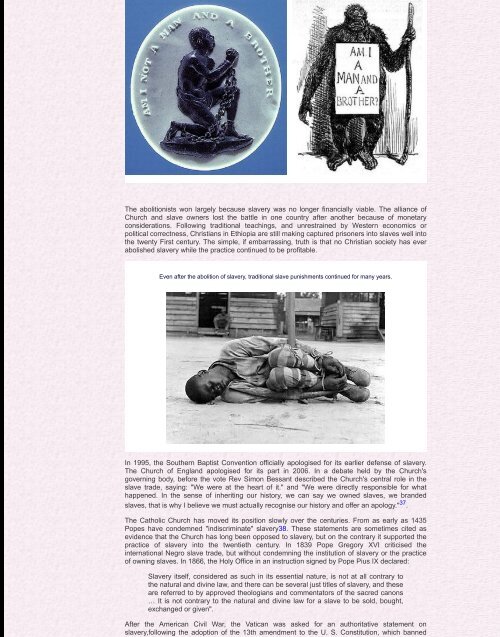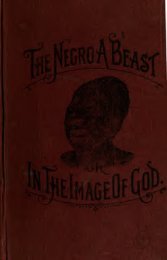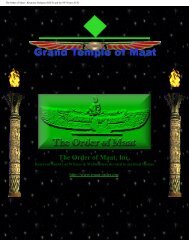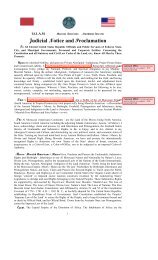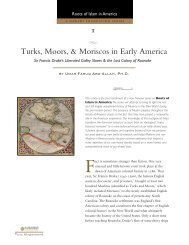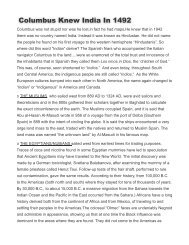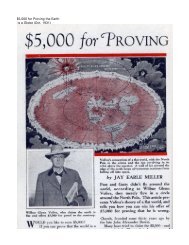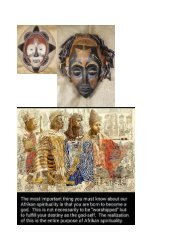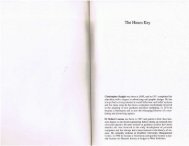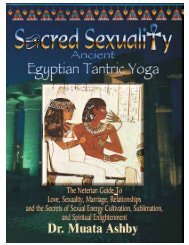Christian Slavery - Bad News About Christianity
You also want an ePaper? Increase the reach of your titles
YUMPU automatically turns print PDFs into web optimized ePapers that Google loves.
After the American Civil War, the Vatican was asked for an authoritative statement on<br />
slavery,following the adoption of the 13th amendment to the U. S. Constitution, which banned<br />
The abolitionists won largely because slavery was no longer financially viable. The alliance of<br />
Church and slave owners lost the battle in one country after another because of monetary<br />
considerations. Following traditional teachings, and unrestrained by Western economics or<br />
political correctness, <strong>Christian</strong>s in Ethiopia are still making captured prisoners into slaves well into<br />
the twenty First century. The simple, if embarrassing, truth is that no <strong>Christian</strong> society has ever<br />
abolished slavery while the practice continued to be profitable.<br />
Even after the abolition of slavery, traditional slave punishments continued for many years.<br />
In 1995, the Southern Baptist Convention officially apologised for its earlier defense of slavery.<br />
The Church of England apologised for its part in 2006. In a debate held by the Church's<br />
governing body, before the vote Rev Simon Bessant described the Church's central role in the<br />
slave trade, saying: "We were at the heart of it." and "We were directly responsible for what<br />
happened. In the sense of inheriting our history, we can say we owned slaves, we branded<br />
slaves, that is why I believe we must actually recognise our history and offer an apology." 37 .<br />
The Catholic Church has moved its position slowly over the centuries. From as early as 1435<br />
Popes have condemned "indiscriminate" slavery38. These statements are sometimes cited as<br />
evidence that the Church has long been opposed to slavery, but on the contrary it supported the<br />
practice of slavery into the twentieth century. In 1839 Pope Gregory XVI criticised the<br />
international Negro slave trade, but without condemning the institution of slavery or the practice<br />
of owning slaves. In 1866, the Holy Office in an instruction signed by Pope Pius IX declared:<br />
<strong>Slavery</strong> itself, considered as such in its essential nature, is not at all contrary to<br />
the natural and divine law, and there can be several just titles of slavery, and these<br />
are referred to by approved theologians and commentators of the sacred canons<br />
… It is not contrary to the natural and divine law for a slave to be sold, bought,<br />
exchanged or given".


